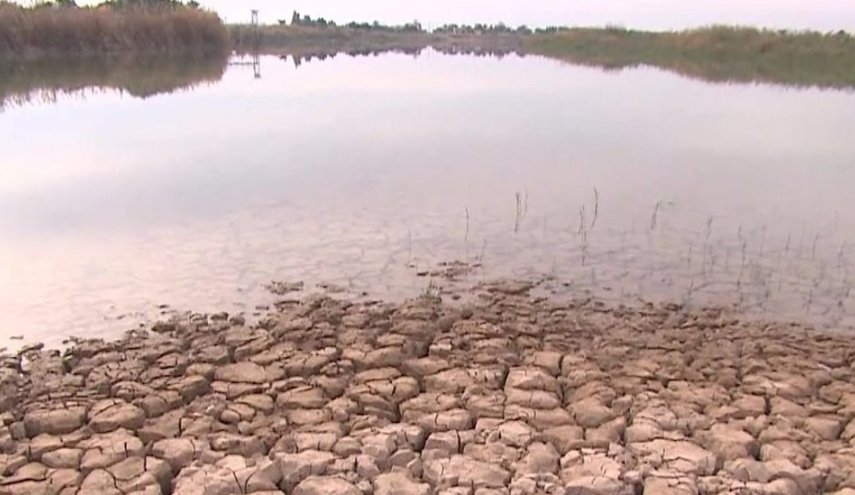UN Reports: Syria on the Brink of Unprecedented Food Crisis Due to Worst Drought in 35 Years

UN agencies, including the Food and Agriculture Organization (FAO), the Office for the Coordination of Humanitarian Affairs (OCHA), and the World Food Programme (WFP), have warned of the repercussions of a severe drought hitting Syria, describing it as "the worst since 1989," expressing concerns about the worsening food security in the coming months.
UN reports confirm that the lack of rainfall during the winter season (2024-2025) has led to almost complete failure of the wheat crop, expecting a shortfall of around 2.73 million metric tons, enough to cover the needs of 16.25 million people annually. Data shows that 14.5 million Syrians are already experiencing food insecurity, while another 5.4 million are on the brink of severe hunger, especially in the most affected agricultural areas.
The agencies have warned that the period between October 2025 and mid-2026 could witness record levels of hunger if swift actions are not taken. They called for urgent food assistance, repair of agricultural infrastructure, improved access to irrigation water for farmers, distribution of high-quality agricultural inputs, as well as support for livestock feeding and vaccination.
They emphasized that immediate support for farmers is not only a solution to the current crisis but also a guarantee for the recovery of the agricultural sector in the next season (2025-2026), calling for coordinated action between the international community, the Syrian government, and local authorities.
Syria is among the most affected countries by climate change, with its temperature rising by 1.14 degrees Celsius over the past three decades, affecting rainfall patterns and reducing soil quality. Studies have revealed that the frequency of droughts in Syria has increased from once every 250 years to once every ten years or less, threatening the long-term stability of agricultural production.
With declining groundwater levels and deteriorating water basins, experts stress the need for sustainable strategies to manage water and agricultural resources, to avoid more severe humanitarian disasters in the future.